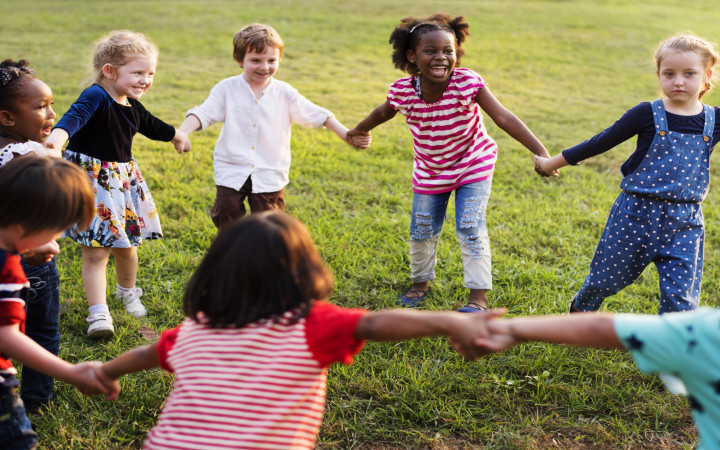Today’s Wonder of the Day was inspired by john. john Wonders, “What is your conscience?” Thanks for WONDERing with us, john!
Have you ever thought about the number of choices you make each day? Many are simple decisions, like what to eat for breakfast. Others are more difficult and involve deciding right from wrong. What guides you when it comes to these harder choices? Often, it’s your conscience!
What is your conscience? Put simply, it’s a sense of right and wrong. Your conscience helps you choose behaviors based on your morals. Have you ever seen the conscience portrayed in a TV show or movie? Often, it’s represented by the “good angel” on a character’s shoulder. In real life, though, the conscience isn’t always so easy to find.
Where is your conscience located? Scientists say it’s in your brain. In fact, brain scans have revealed what experts call a “moral network” in the human brain. This is made up of three smaller networks, each of which carries out an important function. They enable humans to understand each other, care about other people, and make decisions based on understanding and caring.
Have you ever WONDERed why you have a conscience? Experts think it goes back to early humans’ need to help each other. Primitive human beings learned that they had a better chance of survival when they worked together to do things like catch food. Over time, the conscience evolved to encourage people to help each other.
Humans aren’t the only ones who show this type of behavior. Other animals, including chimpanzees, gorillas, and some birds, work together for survival. However, people do more to reward each other for cooperation. That helps humans develop a conscience and gives them more incentive to help each other.
Today, we know that humans learn right from wrong in much the same way. Every interaction we have with others helps form our conscience. When they react to our actions, we learn which behaviors are and aren’t acceptable. Our consciences are also formed by watching other people and understanding the choices they make.
Let’s look at an example. Imagine you and a friend are playing outside. Your friend falls down and hurts their knee. What would you do? Most people would either help their friend up or go find a trusted adult to help. They have learned this is the right thing to do from prior experience or from watching others. That’s your conscience in action!
People don’t always listen to their consciences, though. What if you didn’t help your friend? How would you feel afterward? Most people would feel guilt for not helping. They might even feel shame for causing a friend even more distress. These emotions can manifest themselves in physical symptoms, like a stomachache. That’s one way the conscience pushes people to do the right thing in situations like these.
Can you think of a time when you had to make a tough choice between right and wrong? What did your conscience tell you? Did you listen? Talk with an adult about how your conscience guides your daily life.
Standards: CCRA.L.3, CCRA.L.6, CCRA.R.1, CCRA.R.2, CCRA.R.4, CCRA.R.10, CCRA.SL.1, CCRA.SL.2, CCRA.W.3, CCRA.W.4, CCRA.L.1, CCRA.L.2




